Edit, Download, and Sign the Short-Form Revised Eysenck Personality Questionnaire
Form
eSign
Add Annotation
Share Form
How do I fill this out?
To fill out the questionnaire, carefully read each statement. Respond truthfully based on your feelings and behaviors. Choose the option that best represents your situation.
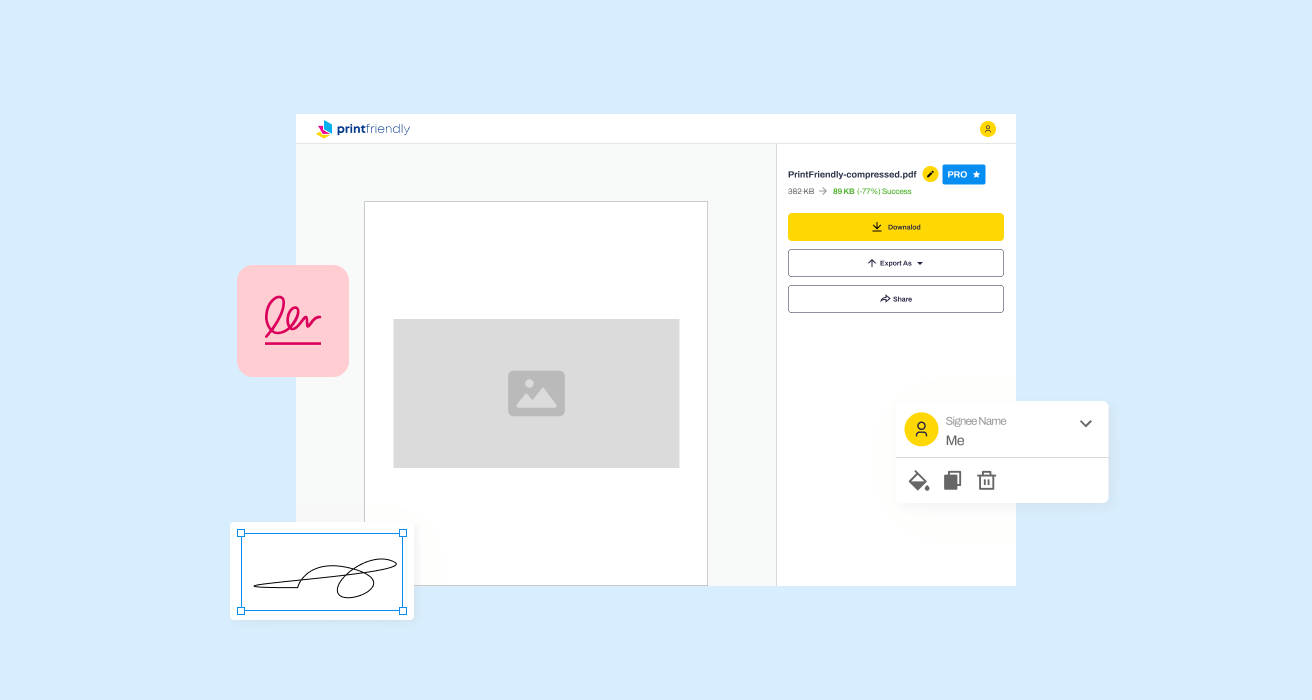
How to fill out the Short-Form Revised Eysenck Personality Questionnaire?
1
Review each statement carefully.
2
Reflect on your feelings and behaviors.
3
Select the option that matches your situation.
4
Ensure you answer all items honestly.
5
Submit the completed questionnaire as directed.
Who needs the Short-Form Revised Eysenck Personality Questionnaire?
1
Psychology students who are studying personality theories.
2
Researchers conducting studies in personality psychology.
3
Clinicians seeking tools for personality assessment.
4
Educators wanting to measure personality dimensions in students.
5
Individuals interested in understanding their own personality traits.
How PrintFriendly Works
At PrintFriendly.com, you can edit, sign, share, and download the Short-Form Revised Eysenck Personality Questionnaire along with hundreds of thousands of other documents. Our platform helps you seamlessly edit PDFs and other documents online. You can edit our large library of pre-existing files and upload your own documents. Managing PDFs has never been easier.

Edit your Short-Form Revised Eysenck Personality Questionnaire online.
Edit the PDF directly on PrintFriendly by accessing the editing tools available. Make changes wherever necessary to reflect your needs. Save the updated document for your records or further distribution.

Add your legally-binding signature.
Signing the PDF on PrintFriendly is simple. Use our signature feature to add your name or a digital signature wherever required. This allows for easy authentication of the document.
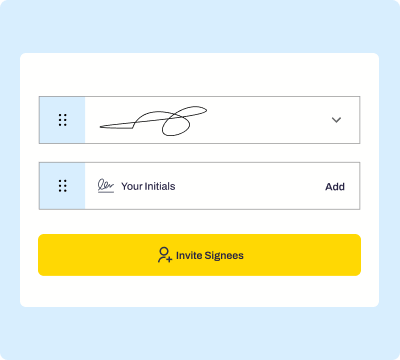
Share your form instantly.
Sharing your PDF is made easy with PrintFriendly's sharing options. You can send your document via email or generate a shareable link. This ensures your document reaches the intended audience effortlessly.
How do I edit the Short-Form Revised Eysenck Personality Questionnaire online?
Edit the PDF directly on PrintFriendly by accessing the editing tools available. Make changes wherever necessary to reflect your needs. Save the updated document for your records or further distribution.
1
Open the PDF in PrintFriendly.
2
Click on the edit button to access the editing tools.
3
Make the necessary changes to the content.
4
Review the document for accuracy.
5
Save or download the edited version.

What are the instructions for submitting this form?
To submit this form, please ensure all fields are filled accurately. You can email your completed form to L.J.Francis@Bangor.ac.uk or fax it to 01248 383954. For physical submissions, send it to Leslie J Francis, Welsh National Centre for Religious Education, University of Wales, Bangor, Gwynedd LL57 2PZ, UK.
What are the important dates for this form in 2024 and 2025?
Important dates will vary based on specific research or submission timelines. Always check the related guidelines pertinent to your usage of the EPQR-S German Edition.

What is the purpose of this form?
The purpose of this form is to gather self-reported data on personality traits. Using the revised short-form Eysenck Personality Questionnaire allows researchers to evaluate psychological dimensions efficiently. This streamlined process facilitates both academic inquiry and personal insight into personality characteristics.

Tell me about this form and its components and fields line-by-line.

- 1. Extraversion: Measures sociability and outgoingness.
- 2. Neuroticism: Assesses emotional stability and anxiety.
- 3. Psychoticism: Evaluates aggressiveness and interpersonal sensitivity.
- 4. Lie Scale: Determines the tendency to provide socially desirable responses.
What happens if I fail to submit this form?
Failure to submit the form will delay the analysis of personality traits. You may miss important deadlines associated with research or evaluations.
- Use of Data: Data collected may not be analyzed if submissions are incomplete.
- Deadlines: Late submission could impact research timelines.
- Validity: Incomplete forms may compromise the validity of results.
How do I know when to use this form?

- 1. Academic Research: To collect quantitative data on personality traits.
- 2. Clinical Evaluations: For assessing a client's personality profile.
- 3. Personal Development: To understand individual personality characteristics for self-improvement.
Frequently Asked Questions
How do I edit this PDF?
Click on the edit button after opening the PDF in PrintFriendly, and use the available tools to make changes.
Can I sign the PDF?
Yes, you can add your signature using the signature tool in PrintFriendly.
How do I download the edited PDF?
After making your edits, simply click on the download button to save the updated file.
Is it possible to share the PDF directly?
Absolutely! Use the sharing options to send the PDF via email or create a shareable link.
What types of files can I edit?
You can edit any PDF file uploaded to PrintFriendly using our tools.
Will my changes be saved automatically?
You will need to manually download the edited file as currently, there is no auto-save feature.
How do I access my edited files later?
You will need to download the PDF to your device, as PrintFriendly does not save files on the platform.
Can I use this for commercial purposes?
Yes, you can edit and use these PDFs for commercial purposes as long as you have the right to do so.
What should I do if I encounter issues while editing?
If you experience any issues, try refreshing the page or try using a different browser.
Is there a limit to the number of PDFs I can edit?
No, you can edit as many PDFs as you like using PrintFriendly.
Related Documents - EPQR-S German Edition
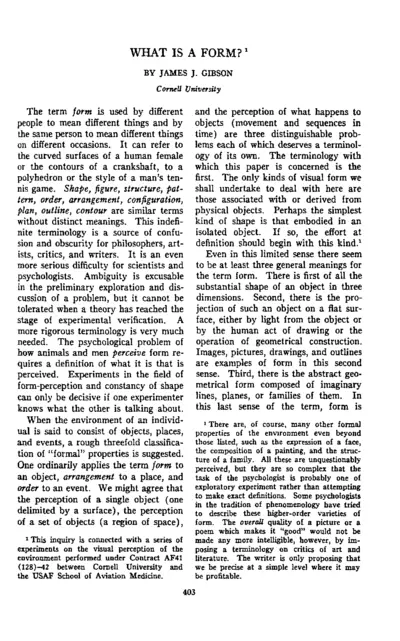
Understanding Form and Form-Perception by James J. Gibson
This document explores various definitions and theories of form, emphasizing the need for precise terminology. It delves into experiments related to the visual perception of form, distinguishing between solid and surface forms. The text critiques traditional views and presents new perspectives on form-perception.
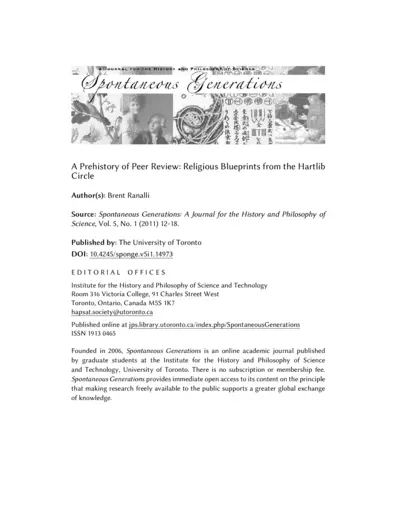
Prehistory of Peer Review: Religious Blueprints
This file explores the origins and development of peer review in science, tracing its roots to religious scholars in the Hartlib circle. It discusses the influence of the Royal Society of London and other early scientific organizations. The content is based on extensive historical research and analysis.
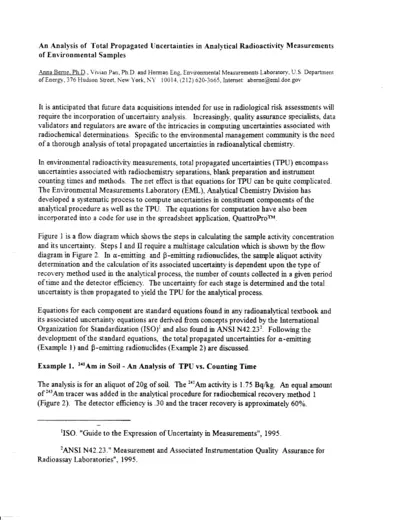
Analysis of Uncertainties in Radioactivity Measurements
This document discusses the uncertainties in analytical radioactivity measurements of environmental samples. It includes detailed equations and methods for calculating total propagated uncertainties. Useful for quality assurance specialists, data validators, and radiochemical analysts.

IRMS Sample Analysis Request Form Guidelines
This file contains instructions and details about the IRMS Sample Analysis Request Form. It is used to request sample analysis in the Laboratory for Isotopes and Metals in the Environment. Ensure you have the required approvals before using the IRMS.

Double Stuff Oreo Cookie Science Experiment
This file contains details and instructions for conducting a science experiment to evaluate the marketing claim of Double-Stuff Oreo cookies. Users will measure the mass of regular and Double-Stuff Oreo cookies along with their fillings. It guides users through the process of data collection, calculation, and analysis using the scientific method.
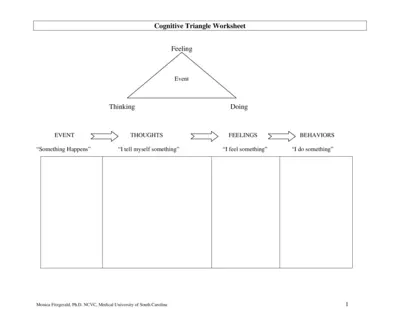
Cognitive Triangle Worksheet Instructions and Details
This file provides an overview and detailed instructions on how to use the Cognitive Triangle Worksheet. It helps users understand the relationship between their thoughts, feelings, and behaviors. Perfect for those interested in cognitive-behavioral strategies.

Engaging Doctor Pretend Play Printables for Kids
Transform playtime with free doctor pretend play printables designed for kids. These fun tools foster creativity and learning through imaginative play. Perfect for children from toddlers to first graders.

Buffer Solutions: Understanding Their Functionality
This file provides comprehensive insights into buffer solutions, including their preparation and pH resistance mechanisms. Ideal for chemistry students and professionals seeking to understand buffer systems. Practice problems included for hands-on learning.
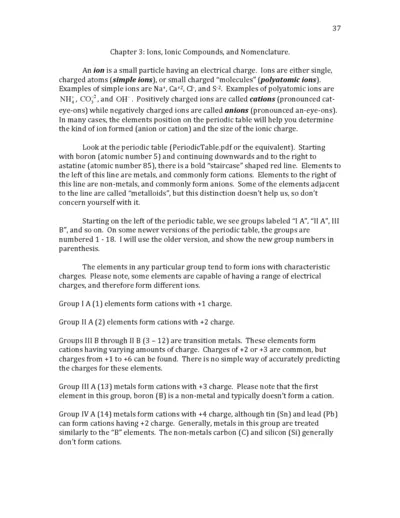
Ions and Ionic Compounds: Understanding Nomenclature
This file provides a comprehensive overview of ions, including their types, charges, and nomenclature rules. It covers essential details such as simple and polyatomic ions, and how to name them correctly. Perfect for students and professionals looking to deepen their understanding of ionic compounds.

Biology Form 3 Notes and Instructions
This file contains detailed biology notes for Form 3 students. It covers essential topics such as organism classification and characteristics of various kingdoms. Perfect for studying and exam preparation.
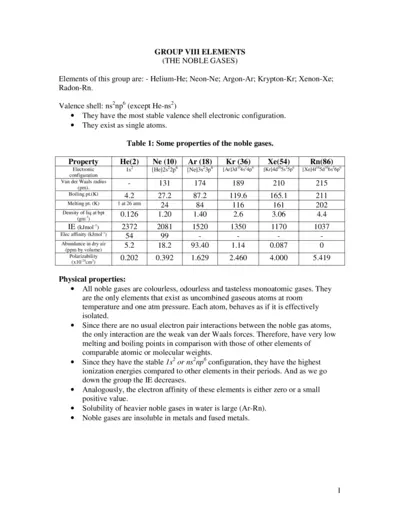
Noble Gases Properties and Chemical Behavior
This document provides a comprehensive overview of the noble gases, their properties, and chemical behaviors. It includes information on individual gases, their electronic configurations, and compound formations. Ideal for students and professionals in chemistry.
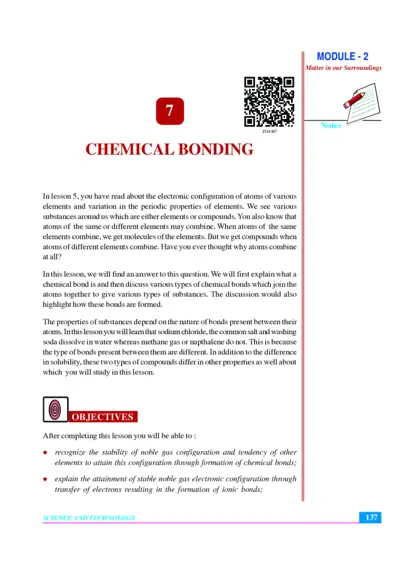
Chemical Bonding and Matter in Our Surroundings
This file provides detailed insights into chemical bonding, including ionic and covalent bonds. It covers the principles of matter in our surroundings and the electronic configurations of elements. Ideal for students and educators in chemistry to enhance their understanding.